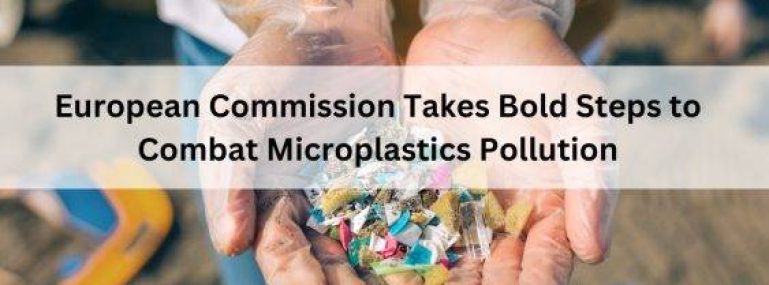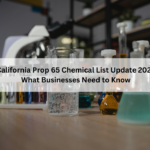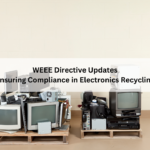On September 27, 2023, the European Commission made a noteworthy move to combat microplastic pollution. They introduced an amendment to Regulation (EC) No 1907/2006 (REACH) to restrict the intentional use of microplastics. This addition is part of Annex XVII under the EU REACH chemical legislation and focuses on synthetic polymer microparticles. Specifically, it restricts synthetic polymer particles below five millimeters in size that are organic, insoluble, and resistant to degradation.
An estimated 145,000 tonnes of microplastics are used annually in Europe and the European Economic Area (EEA). Once released into the environment, microplastics pose a significant challenge as they do not easily biodegrade. They accumulate in terrestrial and aquatic ecosystems, potentially entering the food chain, including human consumption. Moreover, their presence results in persistent pollution within our ecosystems and food chains.
The new regulations prohibit the sale of products containing microplastics and the sale of microplastics themselves. This affects various products, including cosmetics, detergents, fabric softeners, glitter, toys, medicine, medical devices, fertilizers, and artificial sport surface infill material. Notably, the ban on microbeads in cosmetics takes effect immediately, without a transition period.
Certain products are exempt from the sales ban, including those that do not release microplastics or can minimize their release, products used at industrial sites, and products already regulated by other EU legislations. However, manufacturers of exempted products are obliged to report estimated microplastic emissions annually to the European Chemicals Agency (ECHA), along with usage and disposal instructions. Products where microplastics are unintentionally present, such as sludge or compost, fall outside the scope of these regulations.
The initial measures, including the ban on loose glitter and microbeads in cosmetics, become effective on October 17, marking the entry into force of the restriction. Transition periods are provided for other affected stakeholders to allow them time to develop and switch to alternatives.
ComplianceXL offers consulting services to assist companies in complying with the REACH Regulation concerning microplastics. We aid in collecting data on products containing microplastics to ensure proactive compliance with these new regulations. Our services help customers meet regulatory milestones and maintain up-to-date compliance data management practices.
FAQs:
1.What is the transition period given for infill material for sport pitches?
The ban applies after 8 years to give pitch owners and managers the time to switch to alternatives.
2.What are major concerns caused by Microplastics?
Microplastics are not biodegradable and have been found even in food and drinking water. It contributes permanent pollution to our eco systems.





